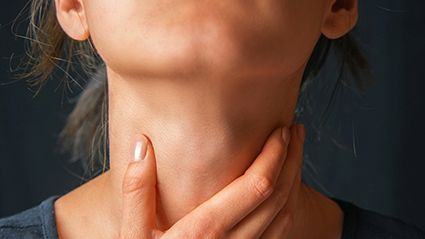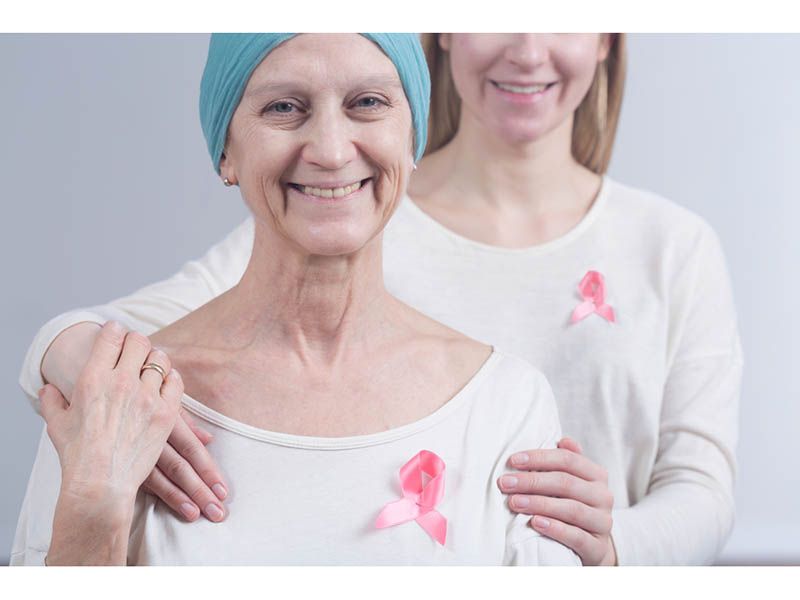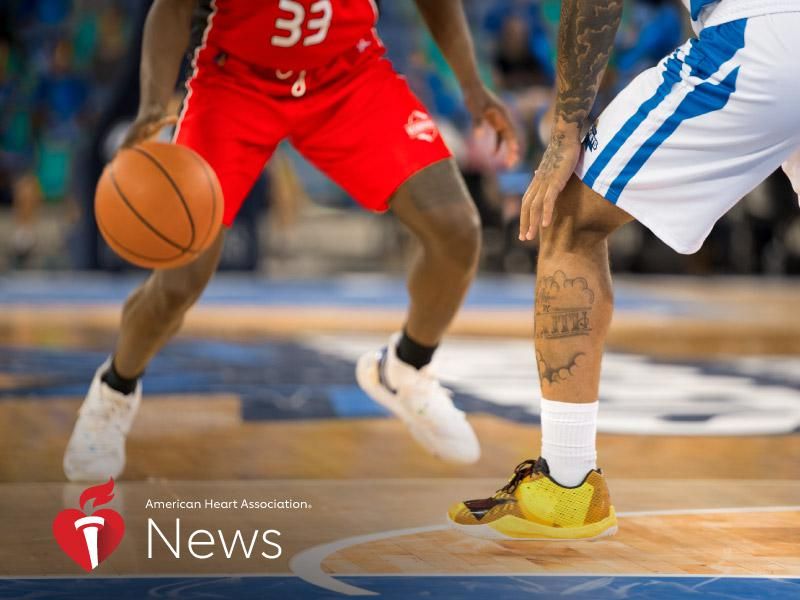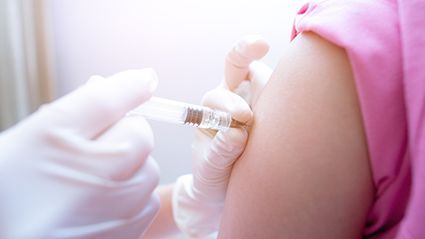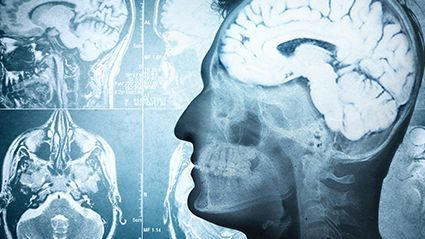
New research offers a novel explanation for the long-term brain problems many COVID-19 patients experience. Many coronavirus patients report headaches and “brain fog” for weeks or months after they recover from respiratory symptoms. It’s been believed that these lingering neurological issues are the result of nerve cell damage, but the new study suggests that the… read on > read on >













